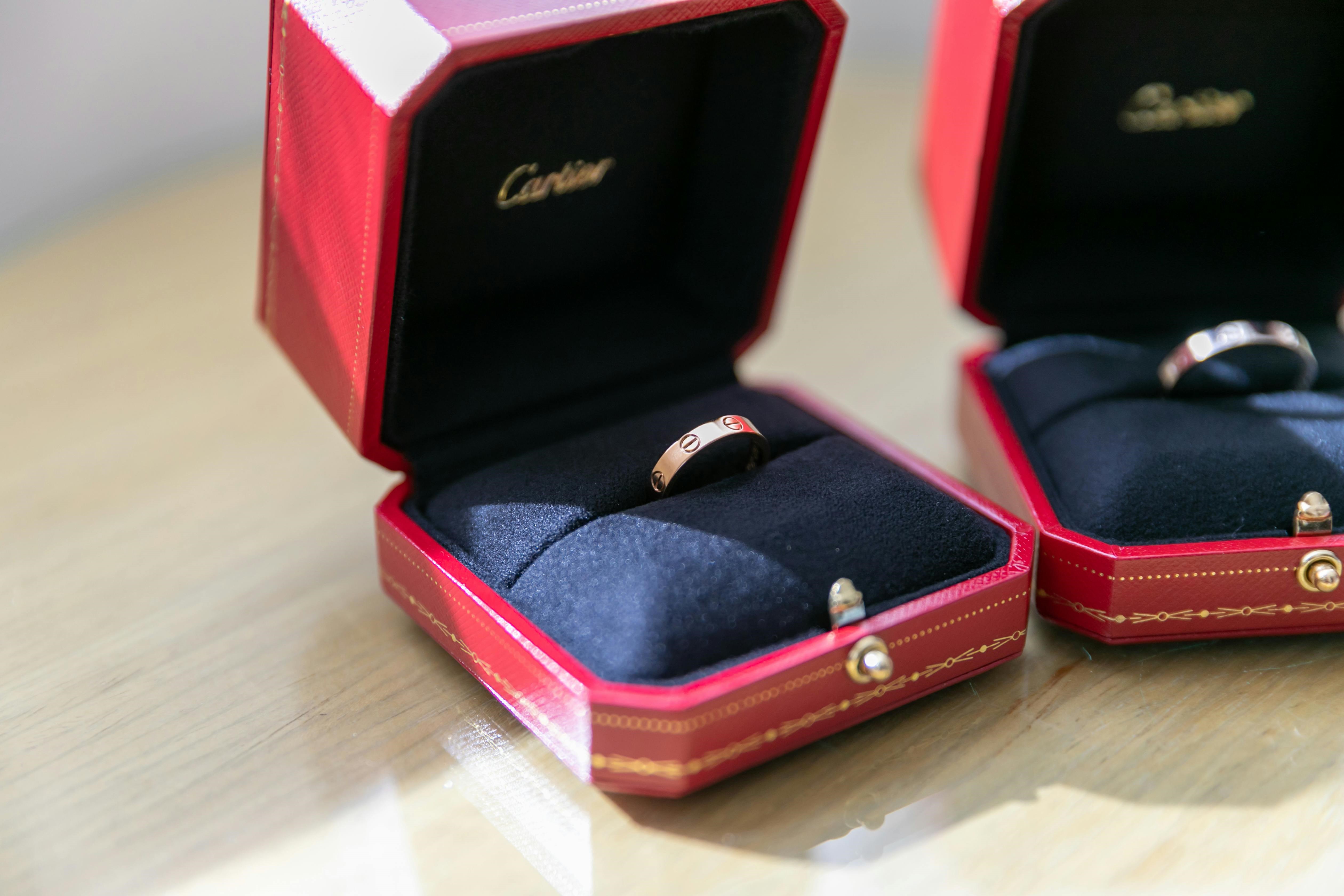Oracle Share Price Analysis: Bearish Phase, Valuation Signals and Bullish Reversal Outlook
$154.97
04 Feb 2026, 11:45

Pexels.com

Richemont, the luxury group behind Cartier, has posted a slight dip in quarterly sales, largely due to reduced demand in China, although strong jewellery sales helped offset the impact.
On Friday, Richemont, the owner of iconic jewellery brand Cartier and Swiss watchmakers IWC, Jaeger-LeCoultre, and Piaget, reported a 1% decline in sales for the last quarter, reaching €4.81 billion (£4.02 billion) at constant exchange rates. This result slightly exceeded analysts' expectations, with HSBC projecting €4.78 billion in sales.
While sales in China and the broader Asia-Pacific region plummeted by 18%, Richemont saw strong gains in markets across the Americas, Japan, and the Middle East, which helped cushion the overall impact.
Jewellery Sales Continue to Shine
Despite challenging global conditions, Richemont’s jewellery segment, which includes luxury brands such as Cartier, Van Cleef & Arpels, and Buccellati, recorded a 4% sales increase. This strong performance has been pivotal, as jewellery remains the main driver of the group’s profits.
Richemont’s Chairman, Johann Rupert, praised the group’s resilience, stating: “In a world where uncertainty has become the norm, Richemont continues to demonstrate sustained resilience.” He emphasised that, although cautious, he remains confident in the company’s ability to navigate the current economic cycle and future challenges. Rupert also confirmed Richemont’s ongoing commitment to investing in production and marketing to bolster its brands.
Impact of China’s Economic Slowdown on Luxury Demand
Like many luxury brands, Richemont is grappling with a slowdown in China, the world’s second-largest economy. Reduced consumer confidence and economic challenges have led to mixed results for luxury brands across the board. LVMH, a major competitor, recently reported missing its third-quarter sales forecasts, attributing the shortfall to the lowest levels of consumer confidence in China since the pandemic.
In response to this downturn, analysts have revised their expectations for the luxury goods sector. HSBC, for instance, recently reduced its forecast for Richemont’s organic sales growth next year from 2.9% to 0.3%, reflecting the uncertain demand landscape in China.
Watch Sales Struggle, Net Profit Declines
While jewellery sales performed well, Richemont’s watch segment struggled, with sales down 19% — a sharper decline than expected. “The jewellery maisons, which account for most of the group’s profits, showed resilience,” commented Luca Solca, an analyst at Bernstein, though he acknowledged that the watch sector’s performance was weaker than anticipated.
The challenging economic environment also impacted Richemont’s net profit for the first half of the financial year, which dropped to €458 million from €1.51 billion. This decrease was partly due to a €1.27 billion non-cash write-down following the sale of its Yoox Net-A-Porter online fashion platform to the German luxury retailer Mytheresa.
Source: (Investing.com, Reuters)